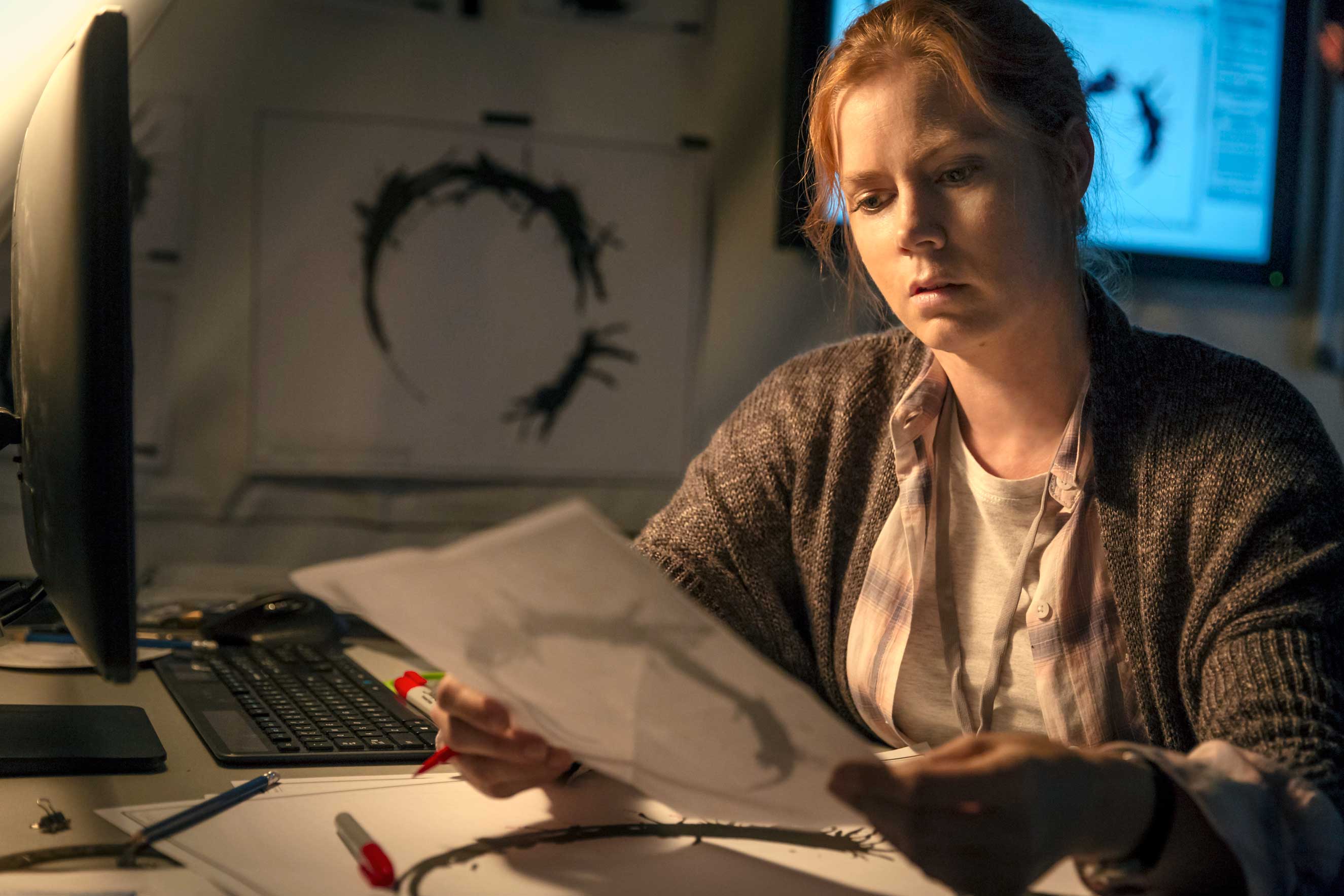Arrival: language as a superpower
Arrival: is language mankind’s closest thing to a superpower?
The sci-fi genre allows us to frame ideas of foreignness, language, and communication in our world from a safe, fictional distance, and Arrival is unexceptional in that way. Arrival is no gun-slinging intergalactic blockbuster by any means, but the elements of science-fiction that do exist in the film are part of its moral and political framing.
Ideas of translation, communication, and national security are not unfamiliar concepts to audiences. In fact, on the contrary, it seems those ideas are all too familiar, uncomfortably so. Immigration and refugee crises are always present and pressing issues, and yet they too are often issues where the language we use can be horrifyingly dehumanising.
Arrival considers the ways we use our language to forge connections between beings across the universe. By learning the heptapods’ language, Louise gains powers beyond her wildest imaginings. But whether we take this literally as a possibility of alien contact or not, the meaning at the core of the story is that searching for connection in language, rather than a weapon, gives us an immense power.
For those of you unfamiliar with the story, I have to warn you that whilst this post doesn’t contain explicit spoilers, this is the kind of film best watched with no preconceptions and definitely without spoilers. If this post has created interest in this film for you, I strongly urge you to watch it before you read the rest of this; it will change your life.
Distinctly different approaches to making contact with foreign bodies are explored in the film: on the one hand belligerence, with transactional expectations, and on the other hand curiosity and vulnerability. Concerningly, humane approaches don’t appear to be the instinctive choice for most.
Language is a superpower of its own. Language is in its basic form a means of communication, but just because it’s ubiquitous doesn’t mean its power is at all diminished. Language is also a way to transcend time, to look into the past, into the future, and understand something of both.
Language, or rather how we communicate, tells us an awful lot about ourselves and what we value in the world. How do we approach our relationships? How might we begin to make judgements about a perceived “us” and “them”? Language underpins our understanding of everything we know and don’t know. It’s the key to our perspective. And if it’s key to one person’s perspective, what does that mean when we multiply that phenomenon across countless languages, dialects, and mediums? The possibilities are endless.
On the one hand language might restrict us: how can we understand something if we don’t have the language to explore it? We need to look for other ways to communicate. Is our perspective only limited to the language we have to conceptualise it with?
On the other hand, if so many languages exist, if so many individual perspectives of the world exist, how can there be any limit to what we can know and learn? To what we can communicate? Not to mention the fact that language doesn’t always need words, exclusively. What about eye contact? Body language? Physical touch? Psychic connections? What about all the ways we communicate in our day-to-day lives without needing words? The whole thing is dizzying.
So what can we learn from Arrival? That we have to make conscious and deliberate choices with our language, that we have to be open to being vulnerable in order to communicate with others, that our language has consequences beyond our control and beyond our imagining. Indeed when all’s said and done, it seems language really is our greatest superpower.




Comments
Post a Comment